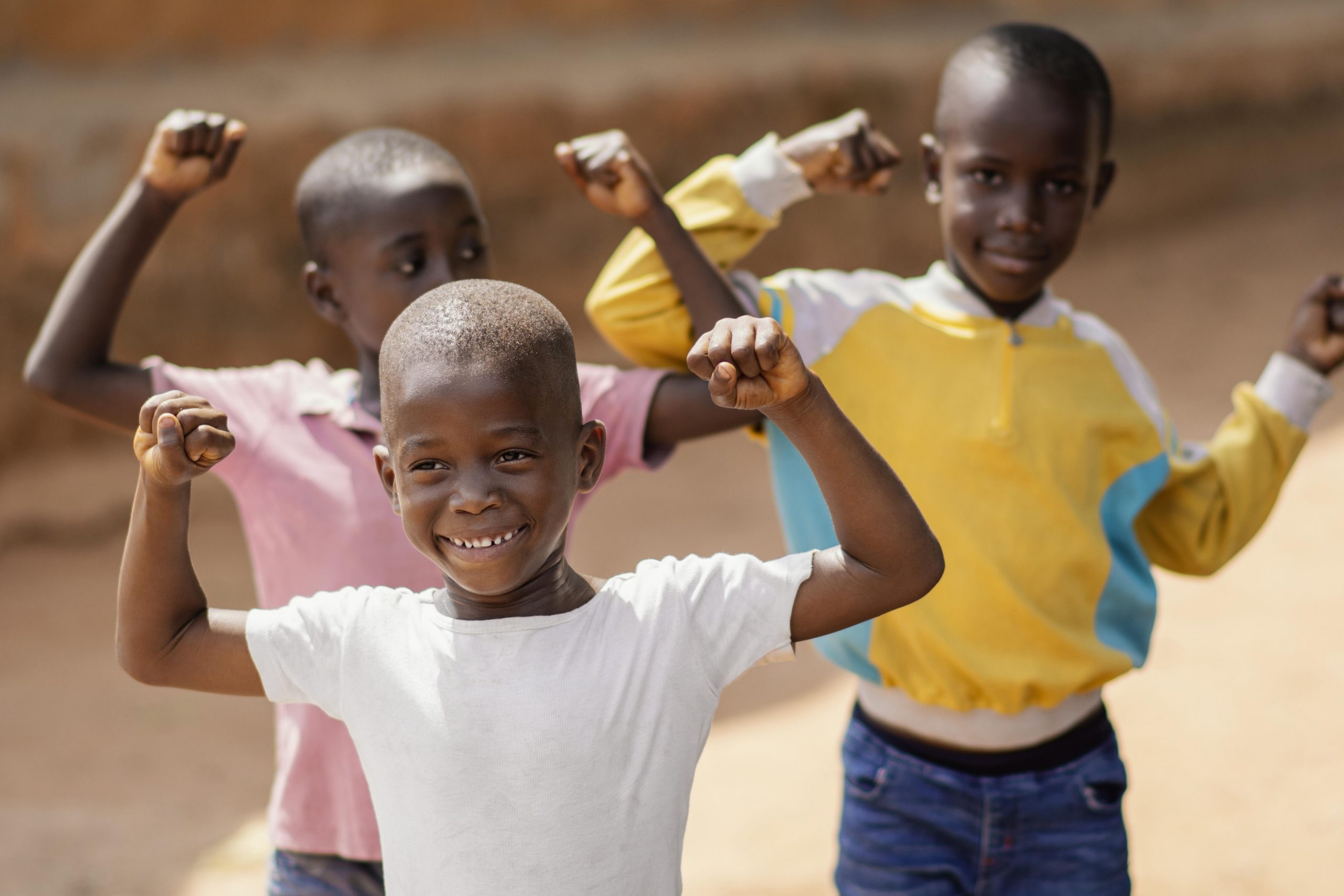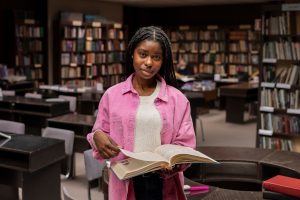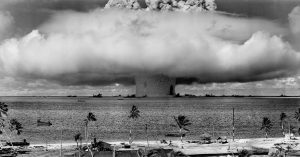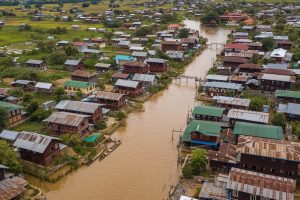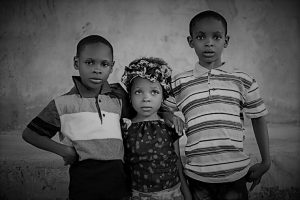Polio is a crippling and potentially deadly disease. The virus is highly contagious and once it affects an individual, it has no cure and can cause paralysis or even death. Young children are the most susceptible to it. However, with safe and effective vaccines, the disease is preventable and if given multiple times, they can protect a child for life. According to Dr. Shongwe, the WHO Representative in Sierra Leone, vaccination is a major primary strategy in the global fight against polio and eradication can be made possible by everyone’s collective effort to protect all children from the effects of the disease.
Sierra Leone started a four-day campaign for sub-national polio immunization on 27th August to protect approximately 520,000 children under the age of five, using the novel Oral Polio Vaccine (nOPV). The campaign was implemented by district and national teams in collaboration with frontline health workers who went door to door in three districts namely; Tonkolili, Western Area Rural, and Western Area Urban districts immunizing eligible children.
There had been an outbreak of the circulating Vaccine Derived Poliovirus type two (cVDPV2) in the country from December 2020 to June 2021, with 34 confirmed cases being recorded in children in the country. 23 countries in Africa have also reported similar outbreaks, ascribed to a decline in services related to routine vaccination. This decline has largely been due to the COVID-19 pandemic, which has also caused a reduction in population immunity. In response to the outbreak, the government and its health sector partners planned and implemented countrywide response interventions, including two supplementary immunization campaigns country-wide in the months of May and July. The campaigns were aimed at immunizing all eligible children, to stop the transmission of the virus.
The World Health Organization (WHO) deployed Lots Quality Assurance Survey and Independent Monitoring teams to evaluate the implementation of the campaigns. However, their findings showed that the three districts did not meet the quality implementation threshold of the May and July interventions, leaving a significant number of children susceptible to Poliovirus infections. Dr. Steven V. Shongwe assured that by improving the target population’s vaccine coverage, herd immunity could be achieved which would, in turn, prevent such exposure to the infection.
The country’s Ministry of Health and Sanitation with support from the Global Polio Eradication Initiative (GPEI) is working to ensure these districts attain herd immunity against polio in the whole country. Thousands of community volunteers, frontline health workers, and supervisors were deployed to ensure no child was missed during the campaign. The team administered the novel Oral Polio Vaccine (nOPV) to the eligible children. The vaccine was also used in the two latest campaigns which made Sierra Leone one of the four countries that have rolled out the vaccine, globally. The vaccine has proved to be safe and highly effective in preventing poliovirus.
Africa was declared wild polio-free in August 2020, after more than three years of no confirmed case on the continent. However, circulating vaccine-derived poliovirus (cVDPV) continues to spread in many African countries and other parts of the world. The outbreaks occur in communities recording poor environmental sanitation conditions, poor quality supplemental immunization activities, and a decline in population immunity resulting from sub-optimal routine immunization. During the 71st WHO Regional Committee for Africa, the 47 governments vowed to sustain the continent’s gains against the wild poliovirus and the eradication of all forms of viruses that cause the disease.

